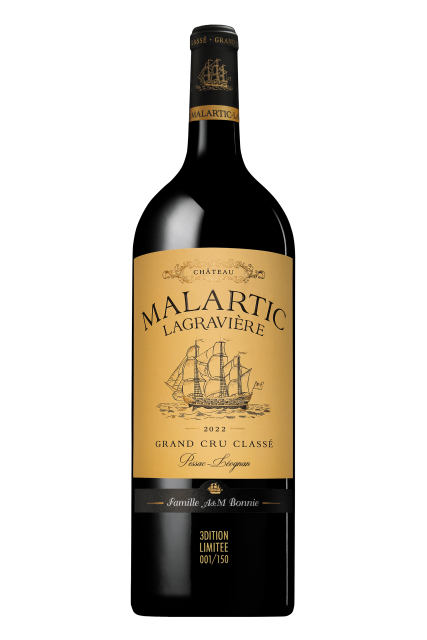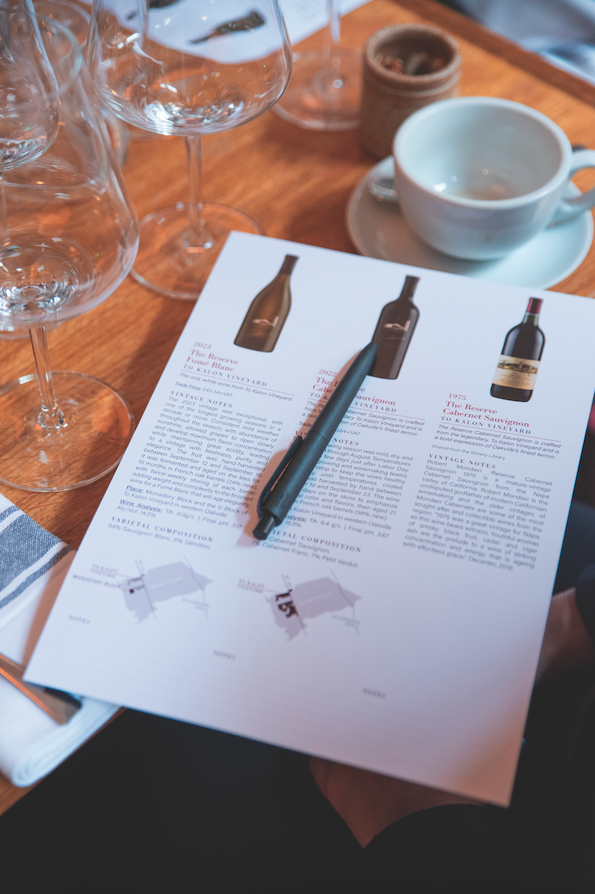Château Malartic-Lagravière to launch NFT magnums
Bordeaux’s Château Malartic-Lagravière is looking to appeal to a younger style of collector with the launch of an exclusive NFT collection of 150 engraved and numbered magnums of the 2022 vintage, which will be available next month.

The new wines, which will go on sale on 12 April at the start of Bordeaux’s primeurs week, priced at €250 including VAT, will facilitate the easy trading of the wines without the problem associated with logistics, thereby reducing their carbon footprint and preserving the quality of the bottles, which will continued to be stored in optimal conditions at the property.
Each NFT will be sold for €250 including VAT and includes a tour of the château. There will be one “golden cap” magnum that will also offer an exclusive experience: dinner and one night’s accommodation at the Château.
Malartic-Lagravière’s marketing director Séverine Bonnie says the adoption of the ‘game-changing’ technology will reach a new, younger clientèle who are interested in high quality, innovative new products.
Partner Content
“Malartic has always managed to navigate between excellence and innovation: with this ‘from Terroir to Blockchain’ NFT limited series, we hope to reach a new clientèle and bring great wines to the world of Web3,” she said.
The magnums will be physically available from November 2024.
This historic estate dates back to the early 19th century and is one of only six properties to be included in both the red and white wine categories in the 1953 Graves classification. Owned by the Bonnie family for the last 25 years (and before that by Champagne house Laurent-Perrier), the château is situated on an exceptional dry gravel and clay terroir in Graves and comprises 73 hectares of vines, 7 of which are devoted to white wine varieties.
The vineyard is managed with a minimal-intervention agro-ecological approach, with particular attention paid to the environment and the preservation of the ecosystem surrounding the vineyard. The family however is keen to embrace innovation and embrace the benefits offered by the latest technological, agricultural and environmental innovations, it said.
Related news
Strong peak trading to boost Naked Wines' year profitability




